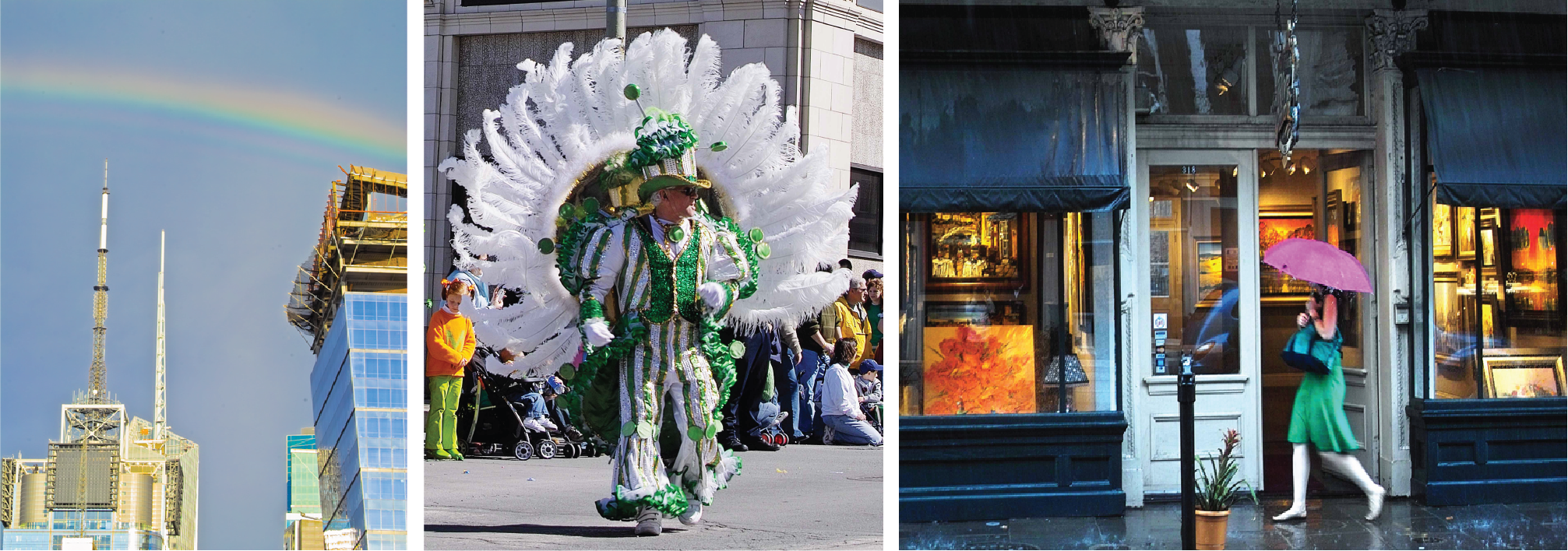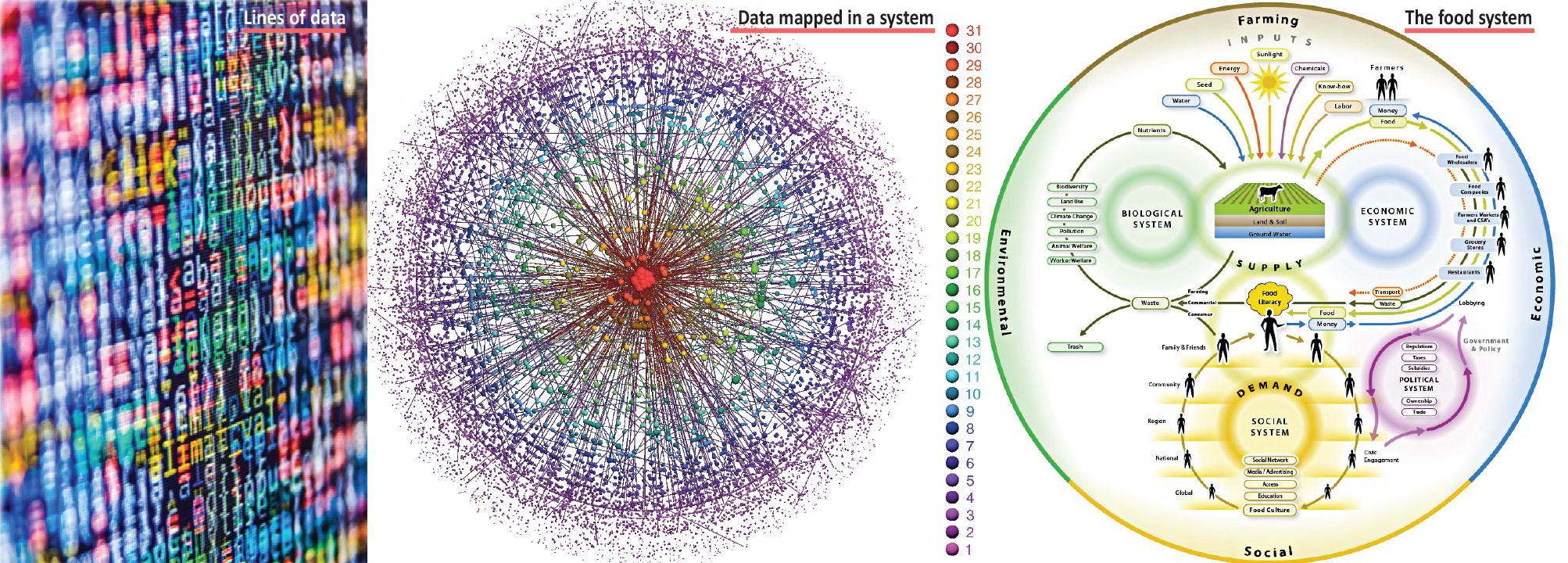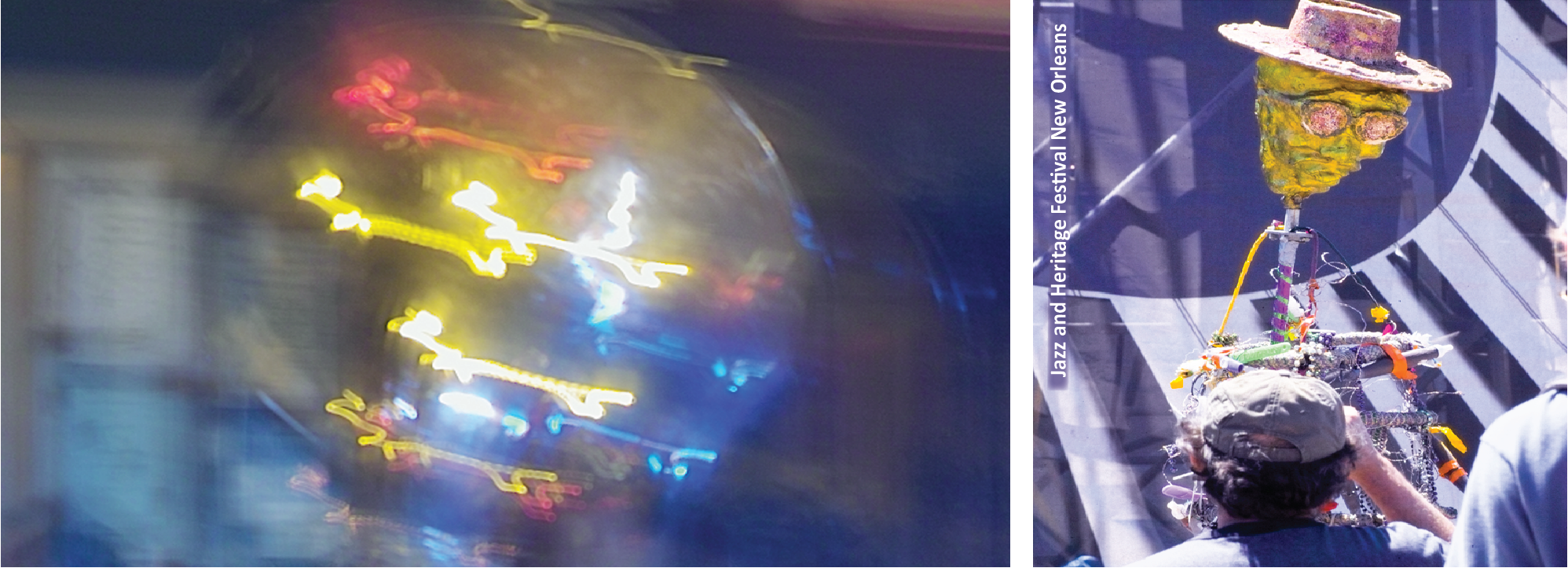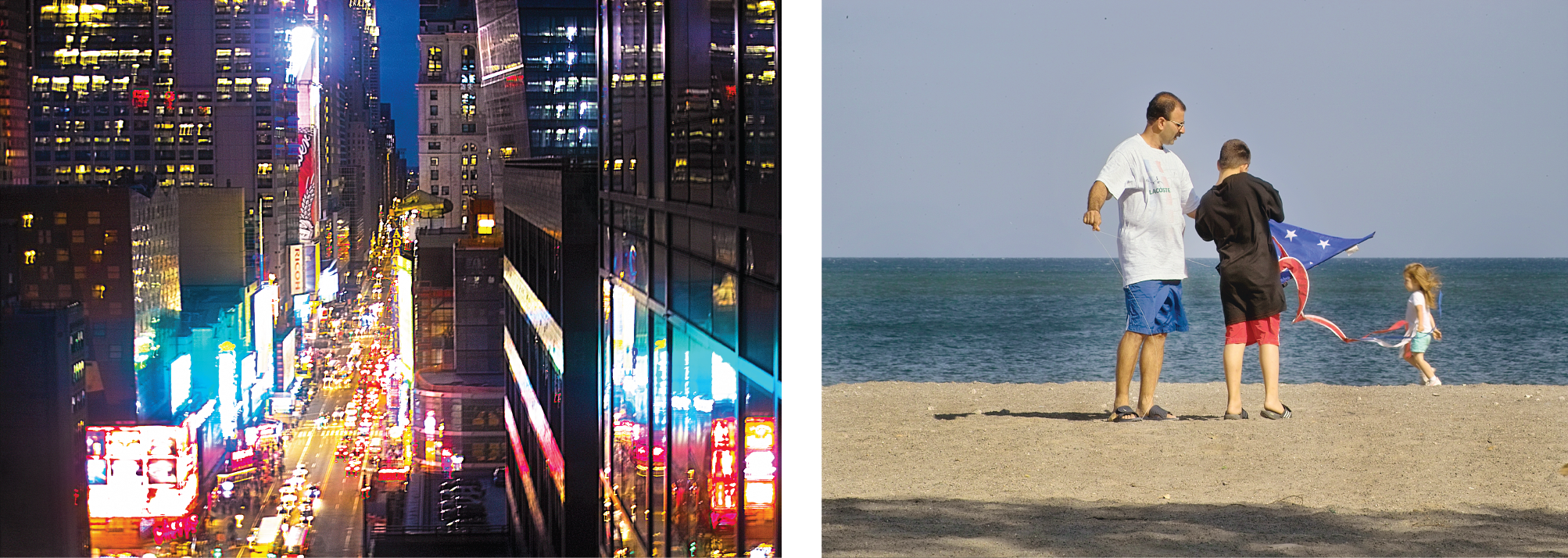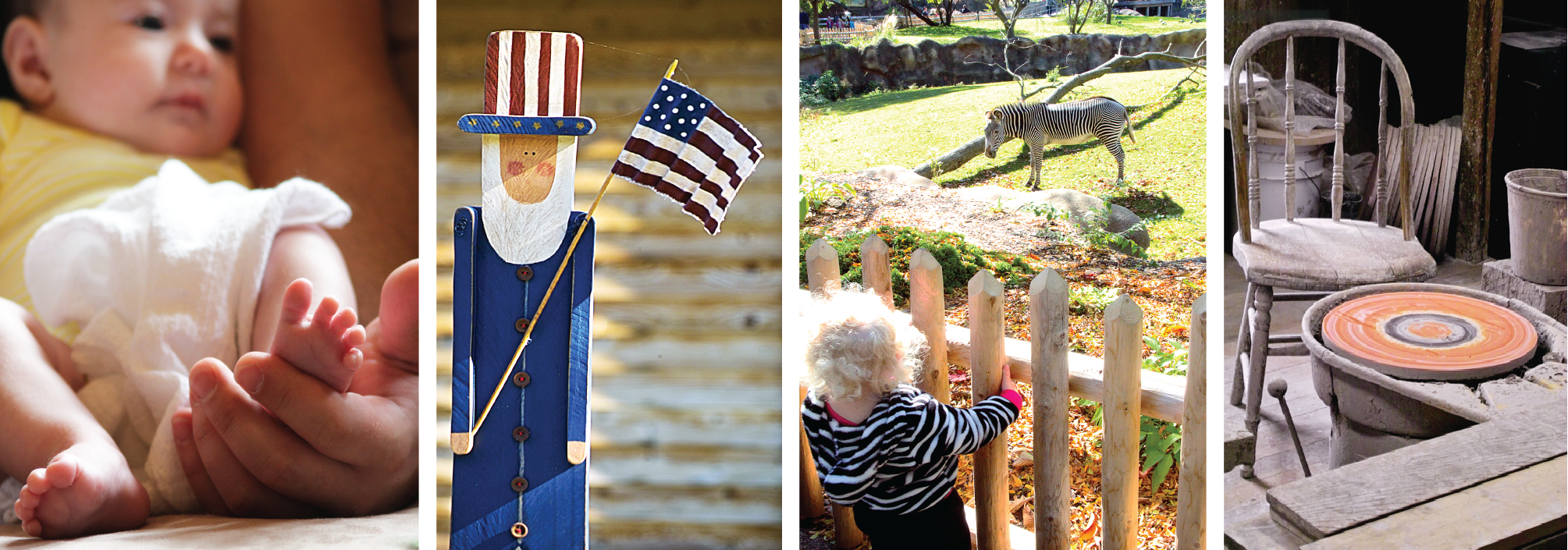
Managing Systems Change
To make any significant change, we have to change the system in which things operate.
Recent Posts

Urban Design Alone is not Enough
by Gary Esolen – In 2009 Planetizen (a website focused on urbanism the name of which suggests being a citizen of the planet) asked its users to identify the urban thinkers who had influenced them most. The overwhelming top choiceRead More »
What is a Place?
by Valeri LeBlanc – To build a better society we have to create better places. So start with the basics…what is a place? If we are the PLACES consulting people, we ought to be able to say what a placeRead More »
Love of Place and Social Capital
by Valeri LeBlanc – In his book Bowling Alone, Bob Putnam coined the term social capital. Like its cousins financial capital and human capital, it refers to a source of value—in this case the value (economic and otherwise) of goodRead More »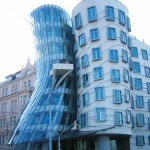
The Fred and Ginger Building
by Valeri LeBlanc – A notable bit of bickering happened in the blogspace awhile back about the most high-minded of topics: the relationship of buildings which make a major architectural statement to their (urban) surroundings. It all started when theRead More »
Solving Problems and Managing Messes
by Valeri LeBlanc – Wherever you live—in a large or small city, a village, town or rural area, a dense urban neighborhood or a sprawling suburb—chances are the place you live has a lot of problems. Education problems, problems withRead More »
How the country's best planners set back New Orleans' recovery.
What would happen in your place?

Tourism and Authenticity
Tourism that offers authentic experiences of interesting places is already important, and it will become more so in the future. You may think that’s what travel was always about, and you would be partly right, but for more than a half-century tourism has been focused on recreation and entertainment and on facilities built expressly for those purposes. When people travel to a grand recreational lodge, a waterpark, a theme park, or a destination created especially for tourism (think of Branson, Missouri) an authentic experience of place is probably not what’s on their minds. And in other places tourism may seem like something extra added to a place for economic reasons, rather than like a natural quality of the place.
Read moreResort to Destination-Centric
“PLACES was hired to create a 5 YR Strategic Plan for Tourism in Scottsdale. After considerable outreach and consensus building achieved by expanding their research beyond our Tourism professionals into all areas of the Community, they created a far reaching plan and gained a lot of support from key constituents throughout the City. PLACES' approach to the issues in Scottsdale were comprehensive and unique. I am working with them on the implementation as the Chairman of the Tourism Advisory Task Force which was formed by the Scottsdale City Council to oversee the most comprehensive plan we have yet been asked to address."
Technical Support, Inspiring Place-based Development
PLACES provided ongoing support: visitor and product research, policy analysis and recommendations for the legislature and for tourism partners, place-based insights for our less developed tourism areas. My biggest regret is that we didn't start earlier in my 8 YR Term with the development of the Pennsylvania Culinary Society.
Stories of Place
Give the human brain a handful of facts and it will make a story. Narrative is the key that unlocks the complexity of the world. It is the Rosetta Stone of places. We tell each other stories to convey what's important. It's how we share values. In a sense of actions, character and consequences stories illuminate.

